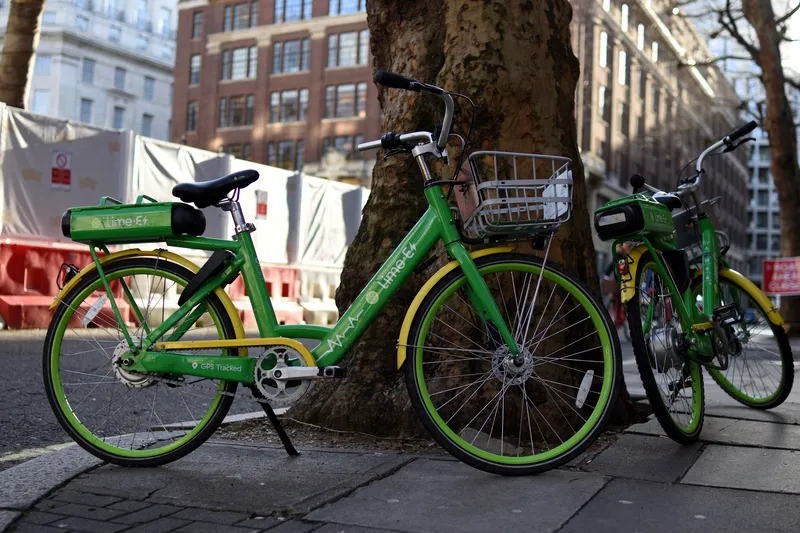
Spin has committed a micromobility research fund of £100,000 to explore opportunities and answer questions the industry faces as it matures.
In a blog post, Spin says the fund will support mobility organisations and researchers such as Elisabetta Cherchi (professor of transport at University of Newcastle) and Ralph Buehler (professor, urban affairs and planning at Virginia Tech) in the initial research topic: safety.
Josh Johnson, public policy manager at Spin, says: “The willingness to share independent research and learnings about the adoption of e-scooters with key stakeholders has become less of a priority for operators and this needs to change."
"Spin is committed to improving and advancing micromobility policy frameworks globally in the markets we operate in.”
Johnson explains the company will share best practices around how to best integrate e-scooters into local transport networks while “maximising safety of all road users”.
Spin is preparing the first piece of research in the UK town of Milton Keynes and is hoping to extend it to London if its application to operate in the UK capital is successful.
The study will explore where e-scooter users ride most often, the frequency of safety incidents and the factors that impact real or perceived safety of e-scooters for users and non-users.
Additionally, the project will include consumer surveys and data gathered from Vivacity Labs’ on-street artificial intelligence (AI) and Internet of Things (IoT) sensors that monitor how e-scooter riders interact with pedestrians, cyclists and cars.
The researchers will have access to anonymised e-scooter GPS as well.
Spin says Vivacity’s roadside sensors employ machine learning algorithms to detect near-miss incidents and can analyse movement patterns of cyclists and pedestrians, as well as vehicles without on-board modems or other networking hardware.
This data will help researchers understand why near-misses happen and what could be done to minimise them, the company adds.
According to Spin, all data shared by the sensors is anonymised with video feeds discarded at source, enabling safer roads without intruding on privacy.
The micromobility operator recognises the research may allow it to see a mapping of safe routes based on riding patterns and user feedback and recommendations on how local authorities and operators could encourage riders towards a safer use of e-scooters.
It may also provide recommendations for infrastructure improvements and other policy changes to enhance roadway safety for all users.
Other UK partners include Robin Hickman (professor of transport and city planning at University College London) and Roger Woodman (assistant professor of human factors at University of Warwick).
US participants also comprise Sebastian Castellanos (research program lead at Numo) and Stephanie Seki (mobility partnerships manager at Populus).










